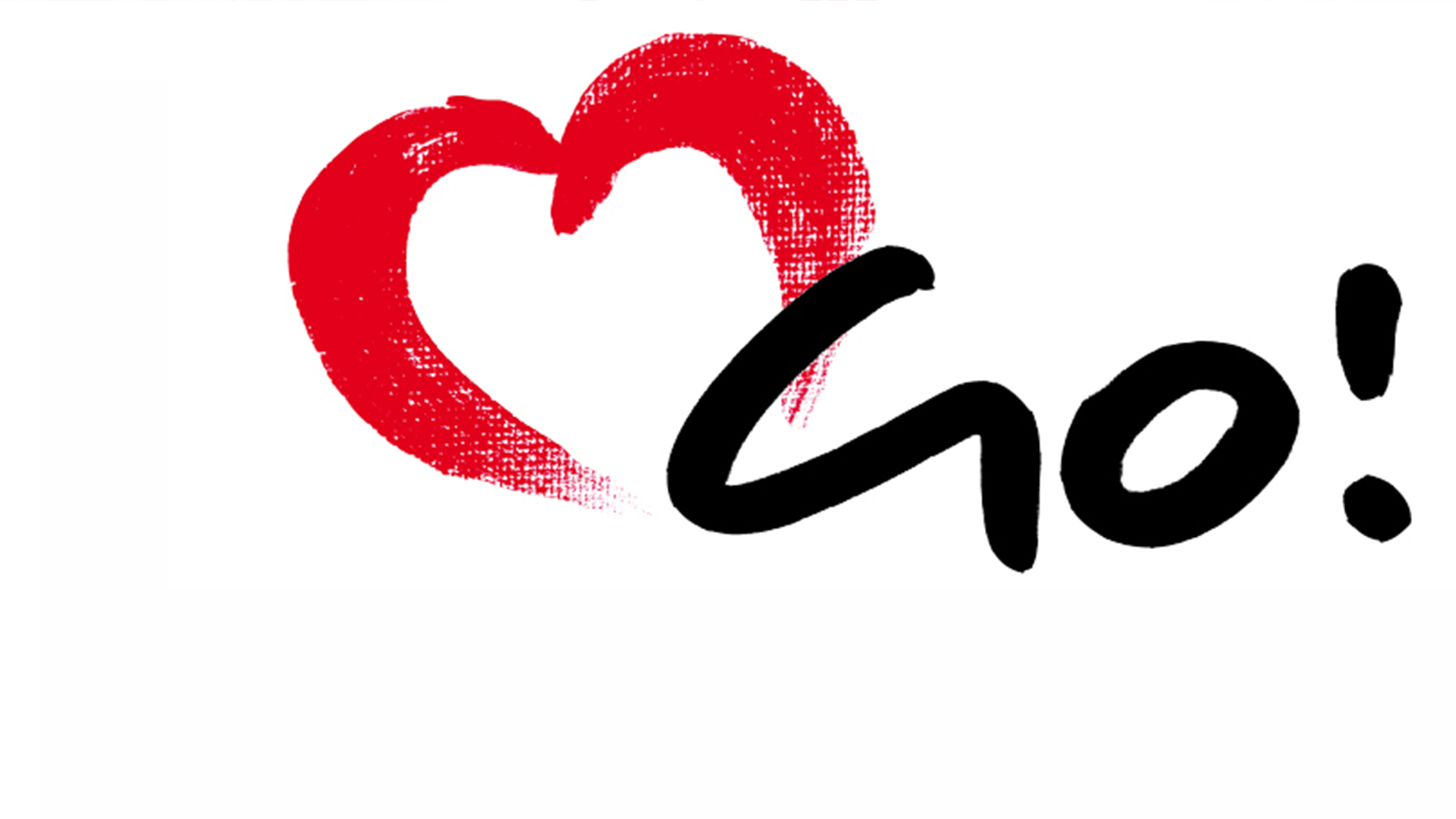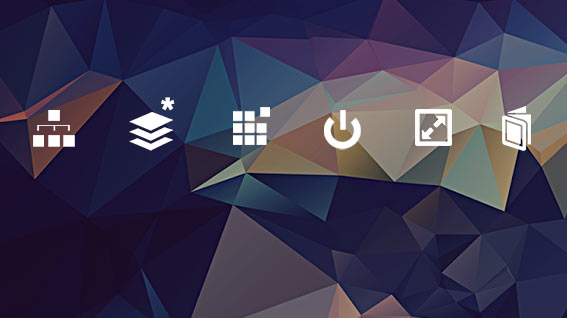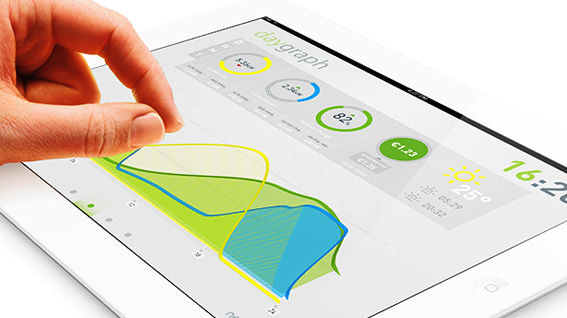
IoT as the old economy's guide into the future
From buzzwords to business models
- Length499 wörter
- Reading Time1 min 40 sek
- Create
Engineer
Advise10%
30%
80%
- Introduction
- IoT and Old Economy
- IoT for IoT's Sake
- A Strategical Approach to Fun & Convenience
- Too long; didn't read

The talk "From buzzwords to business models" dealt with the basic approach of IoT applications that are oftentimes conceptualized in ways that are too short-term and opportunistic. It's not about the amount of features, technology or gadgets anymore, but about the real innovational power of an implementation.
Within 20 minutes, Daniel Kalbeck not only talks about the importance of a strategic orientation. He also focuses on the fate the energy industry is currently threatened by as well as which information can be found in the plain tracking of coffee consumption.
IoT and Old Economy
Multiple industries, that have not been hit drastically by technological changes, now get their chance to enter new areas of business due to IoT. This is particularly true for the classic "Old Economy" - and the recipes seem to be simple:
Electricity Distributor + IoT + New Customer Relations = upselling and image transfer
Energy providing companies can no longer rely on being relevant to the customer solely due to the nature of their product. Competition has become fierce, the service and the parameters determine the company's success or failure. IoT lets the energy provider extend its effective range for the customer and present itself as a supplier with additional value apart from the core business.
Consumer Goods + IoT + Replenishment Control = Gamification
In the food sector, IoT applications can be used as a comfortable after-sales service tool. Providers can encourage the ongoing interaction with the customer and promote targeted sales with just-in-time replenishment by integrating gamification elements into their product strategy.
Health Management + IoT = Personalized Customer Relations and Services
Currently, health is probably the sector that is watched most when it comes to IoT implementations. Measuring and monitoring applications allows for companies to customize their offers, leading to a product that is more attractive for the customer and less risky for the company. At the same time, the user-oriented handling of private data has to be in the center of attention.
IoT for IoT's Sake
Just because a lot of devices provide the opportunity to be retrofitted and turned into a "smart" device does not necessarily mean that each of these possibilities make sense. Not everything has to be controlled via smartphone, even a modern scale does not need WIFI and it is not a requirement for a toothbrush to be able to measure the room's humidity.
A Strategical Approach to Fun & Convenience
In order for IoT solutions to gain a foothold in the old economy and provide purpose, basic decisions have to be made that do not primarily define the technology but the objective. They decide whether a customer accepts or declines a product or service.
It takes nothing more than a bit of electronics to design usecases for IoT that make sense - but it takes a lot of time and effort to define relevant usecases and reasonable feature design. Thus, the current revolution is not primarily a technological one, but one that redefines how we live our everyday lives. As long as IoT does not influence our way of living, the applications are nothing more than gadgets. It is not until they change our daily routine, that they are disruptive and have long-term importance.
Too long; didn't read
Especially the old economy seems to profit from the strategic integration of IoT because of the potentially very promising direction. And the promises seem to be simple:
- Energy Provider + IoT + New Customer Relations = Upselling and Image Transfer
- Consumer Goods + IoT + Replenishment Control = Gamification
- Health Management + IoT = Personalized Customer Relations and Services
In order for IoT solutions to gain a foothold, basic decisions have to be made that do not primarily define the technology but the objective. This takes nothing more than a bit of electronics, but a lot of time and effort. The current revolutions is changing how we live our daily lives.
Related Articles
Your first time
Startups & Innovation Engineering
Mediocrity in life is boring. Mediocrity in business is fatal. Startups have to stand out and make a difference - kalbeck.media is able to start them off.
The KAIDOO product series
Digital precision tools
Highly specific functionality, optimal symbiosis, and developmental efficiency allow kaidoo:screen, kaidoo:things, kaidoo:CMS, and kaidoo:data to be transformed into tailored and up scale technology tools in the area of digital manufacturing. kaidoo:slides and kaidoo:mag complement the product series as the valuable solutions.
Facts vs. Understanding
Areas of conflict in technology communication
Comprehensible, geared to the target group, and user-orientated is what technology has to present itself with to be able to compete in the fight for attention. The following examples show possible ways how this is done.
smart home storage monitoring
neocontrol
Smart Metering, Home Automation and Green Living - in between, there is hardly any space left for user experience. kaidoo connects hightech, ecology and lifestyle.
[ app | development | server engineering | UX design | innovation engineering | kaidoo ]





